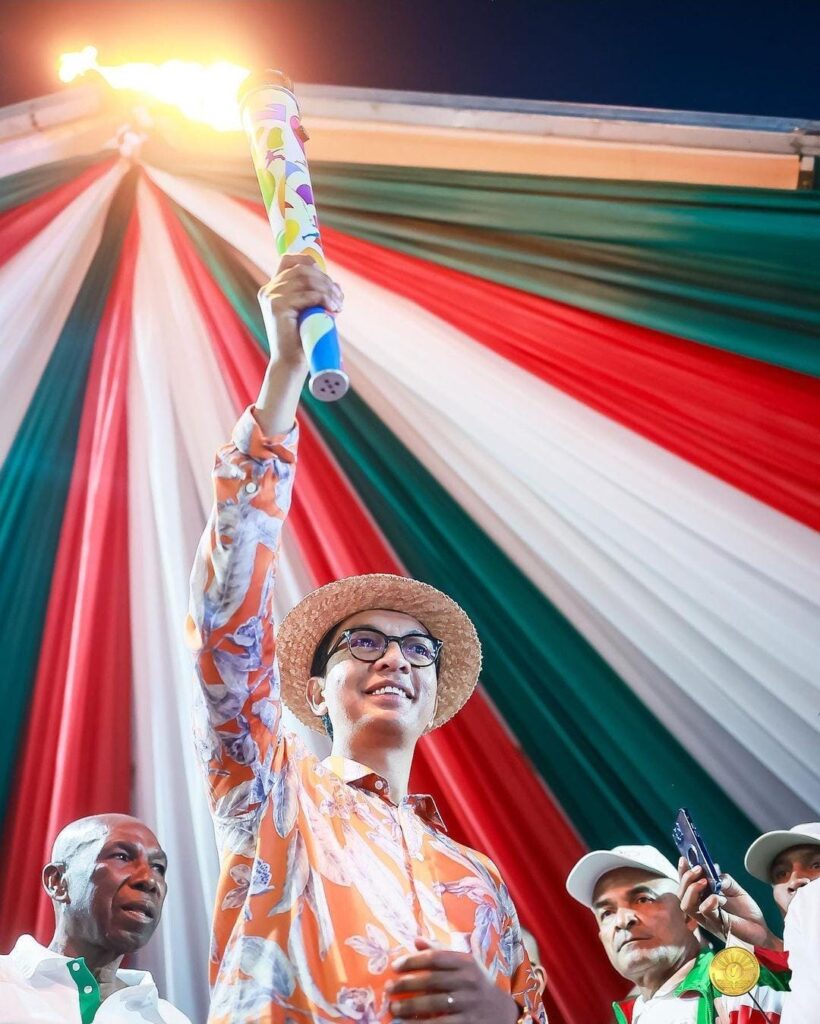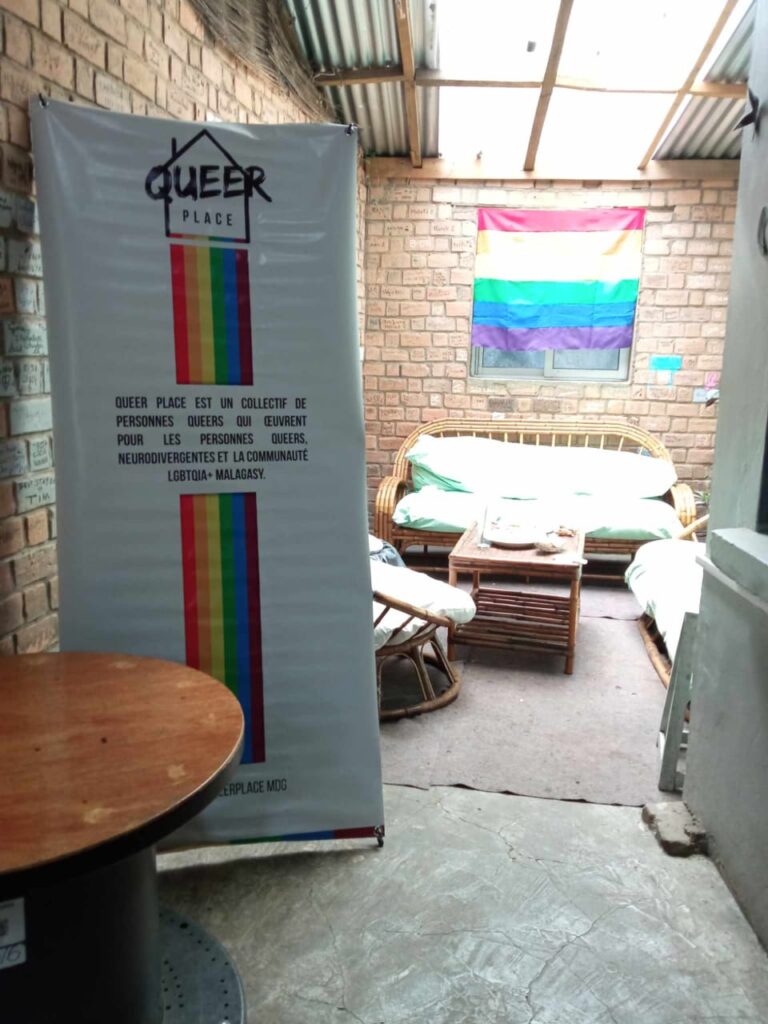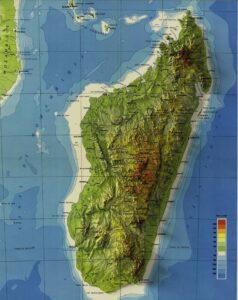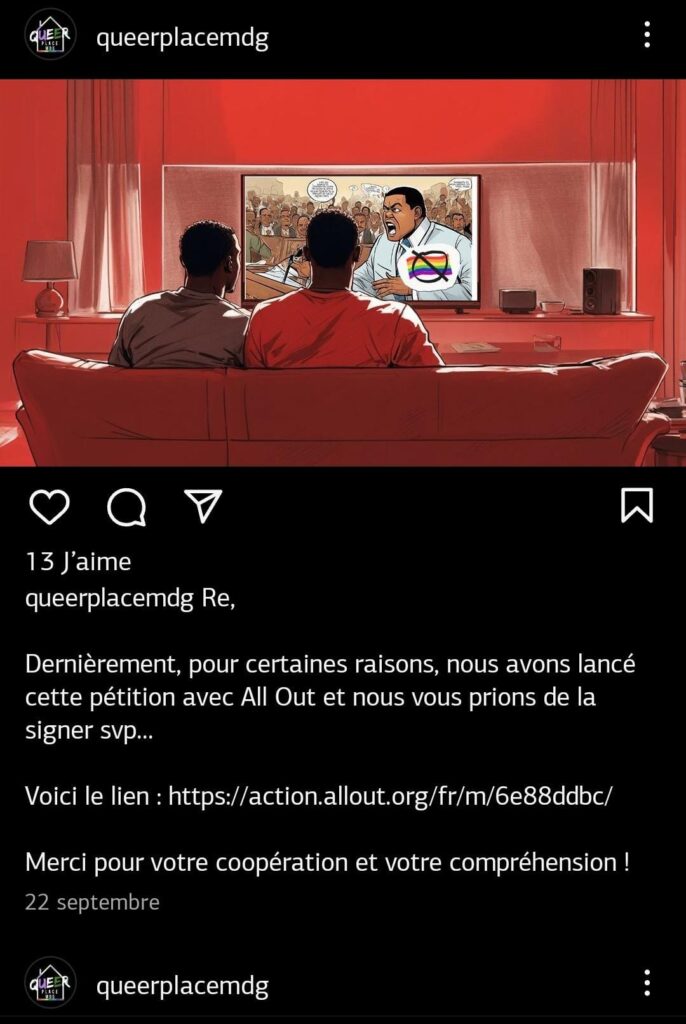Madagascar’s LGBT people struggle to build community amid apathy and hostility
Moïse Manoël-Florisse, is an African-Caribbean online journalist keeping an eye…
African island’s uncertainties create risk for Madagascar’s LGBT people

Although homosexuality and trans identity have never been criminalized in Madagascar, a large island home to 29 million people off the east coast of Africa, the queer community struggles to achieve visibility and push back against simmering anti-LGBT sentiments among powerful politicians and institutions.
Recently, a group of activists came together to form Queer Place Madagascar, which aims to help LGBTI+ people on the island connect and find support. Exclusively for Erasing 76 Crimes, a member of Queer Place Madagascar explains what life is like for queer Malagasy people:
By Diamond (pseudonym) as told to Moïse Manoël-Florisse
I joined Queer Place Madagascar with a handful of friends two years ago, just after the COVID-19 pandemic, to help young people in the LGBTI+ community with questions or difficulties, to listen to them and provide them with advice, while organizing sociable and convivial spaces where we can get together, like a cocoon. That’s how the project got off the ground.

The fact that Madagascar has no coercive legislation for LGBTI+ people, unlike other East African countries, doesn’t mean that we have laws to protect us. In fact, the age of consent is not the same for homosexuals (21) as for heterosexuals (14). However, we operate within a legal context that allows us to organize our associative activities more or less as we see fit.
From the outside, observers hear relatively little about LGBTphobia in Madagascar, due to the biased perception of the legal environment as favorable. Yet it would be wrong to think that all is well and that there is no homophobia here – quite the contrary. It’s just that, as there was no structured militant organization around this type of discrimination, the international community was unaware of the problems that arise here for LGBTI+ people, with certain churches in particular. In fact, that’s why there are no weddings for LGBTI+ people on the island.

[Editor’s note: In contrast to many African nations, LGBTI+ issues have not played a role in political campaigning.] Currently, the Malagasy political debate is polarized around the controversial personality of President Andry Rajoelina, who half-heartedly acknowledges that he has been a French national since 2014, which ought to make him ineligible for office, because Madagascar does not recognize dual nationality, and therefore Andry Rajoelina is supposed to have lost his Malagasy nationality upon receiving French citizenship. Nevertheless, nothing has been done to prevent him from running again for the country’s presidency, hence there has been political chaos and calls for a boycott of the presidential election by the opposition. [The election was held Nov. 17 and Rajoelina was re-elected].

At our level in this context of uncertainty, we’re fighting to avoid a situation of disinterest around LGBTI+ issues on the island. This is why we have launched a petition on the All Out platform, in reaction to the denigrating comments made by the governor of the Mahajanga region, Moukhtar Salim Andriatomanga, who is very active on social networks. He had written on Facebook at the end of the LGBTI+ Pride celebrations in early July 2023 to express his disapproval and state that LGBTI+ people were, in his view, persona non grata in his region.
At present, there is a law dedicated to the internet and cybercrime in Madagascar, but there is no media regulatory authority on the island and there is no institution in charge of verifying the application of the law, nor even defined procedures to implement them. As a young organization active on the internet, where we need to be visible, this is an additional motivation not to leave the field open on social networks to LGBTphobic people, in the expectation that we will one day have a gay and lesbian center with the support of the authorities.
Ultimately, we’d like to get more involved in the health and social sphere, to support victims of exclusion, and act as an observatory of LGBTphobic violence and discrimination in Madagascan society.This would also be useful for our advocacy with decision-makers and opinion leaders in our country and beyond.
To get in touch with Queer Place Madagascar, visit their Instagram page @queerplacemdg.




Nigerian celebrity Uti urges women to stop bullying gay men